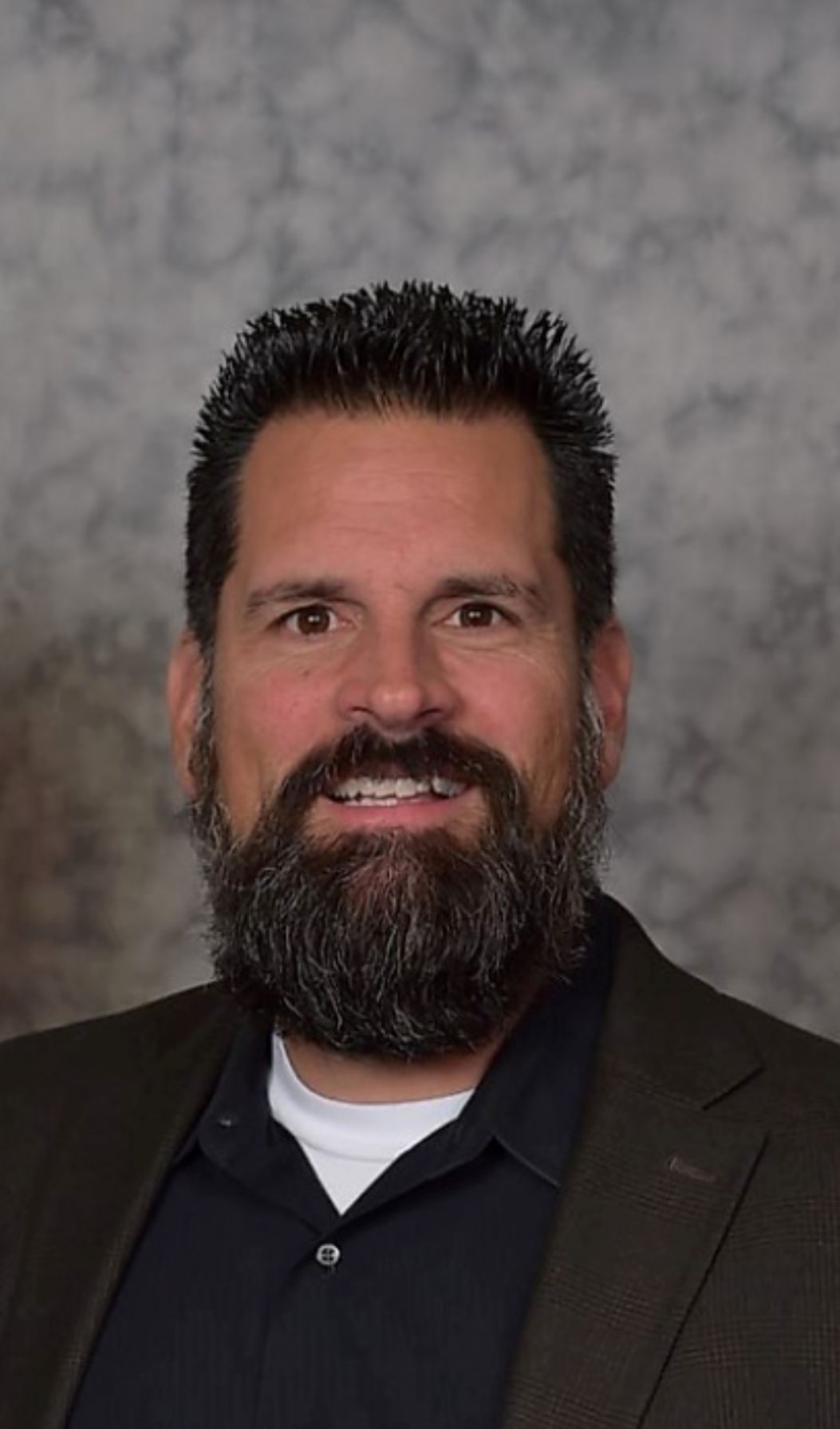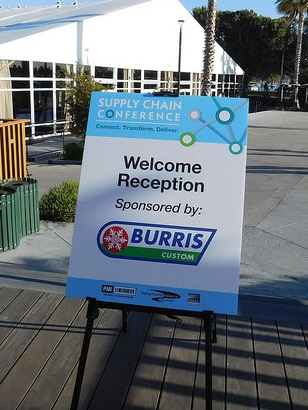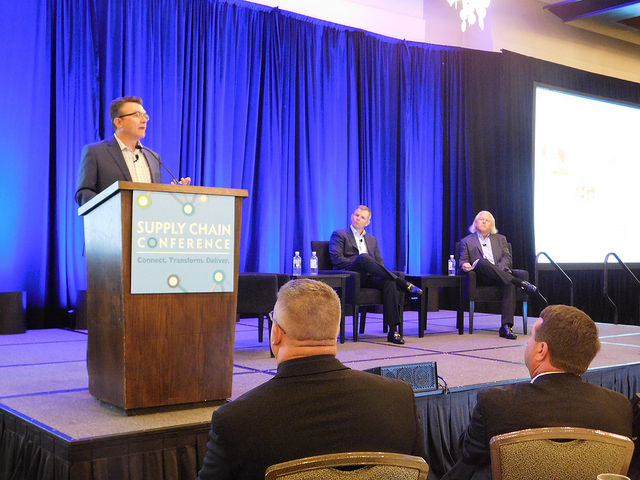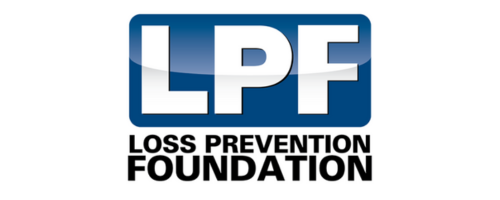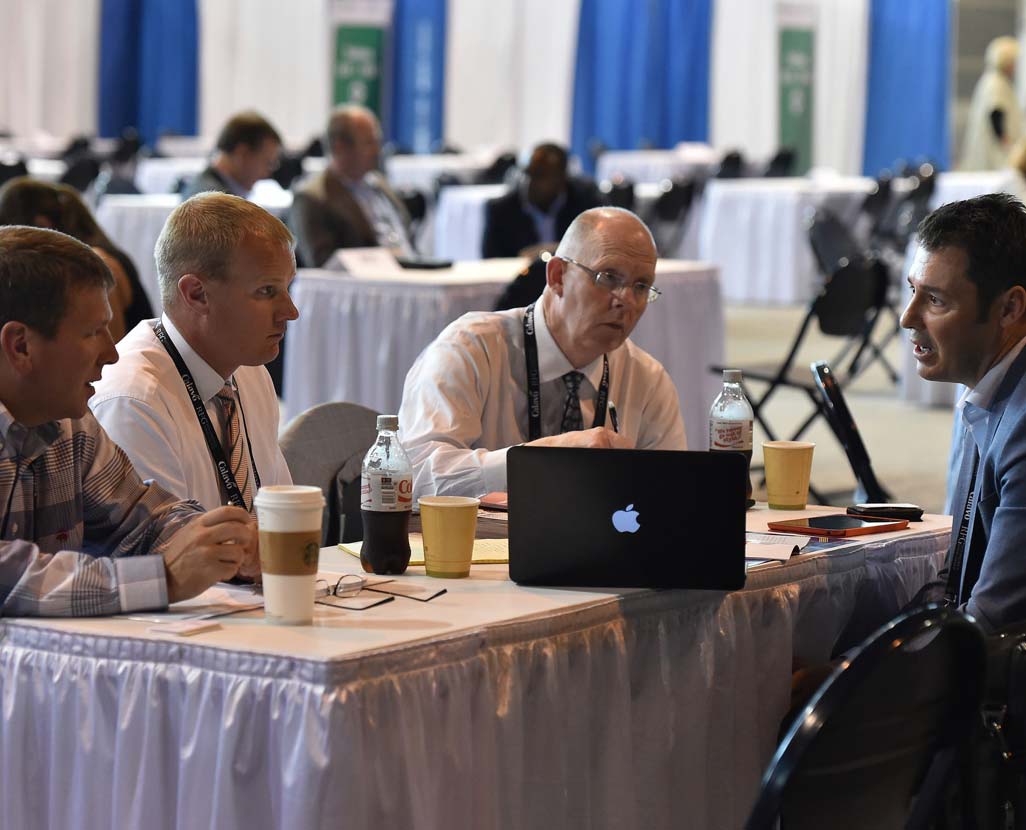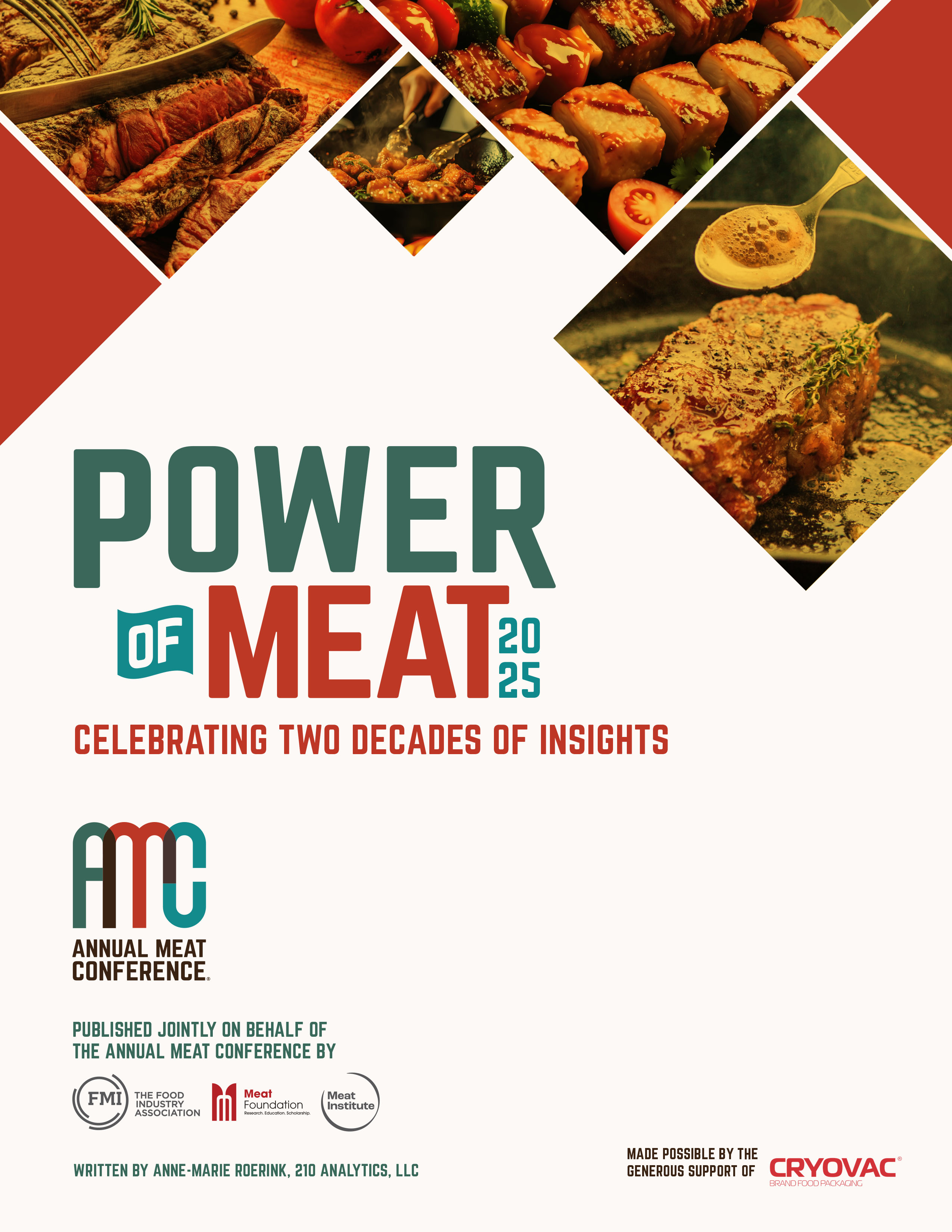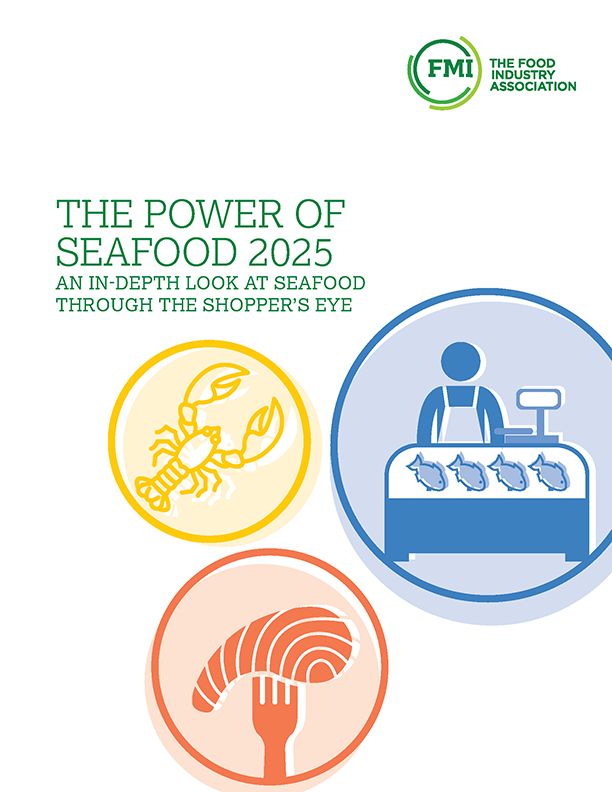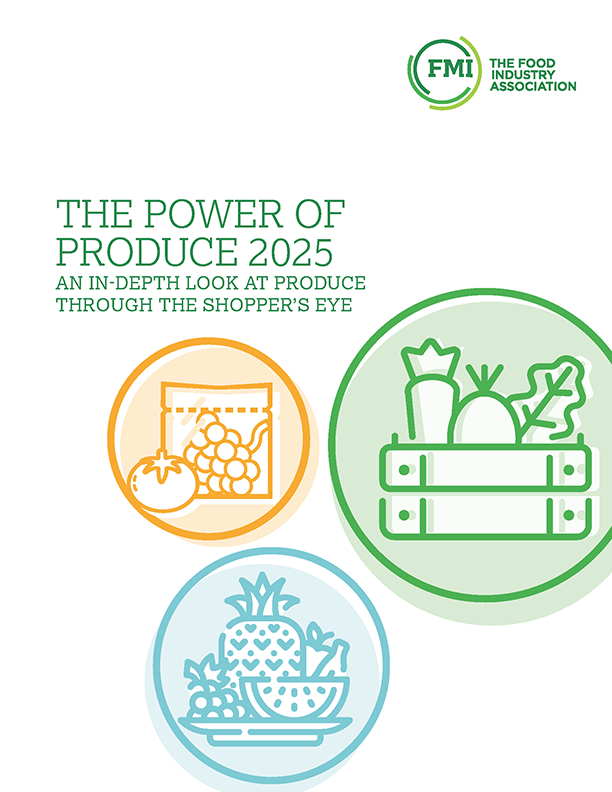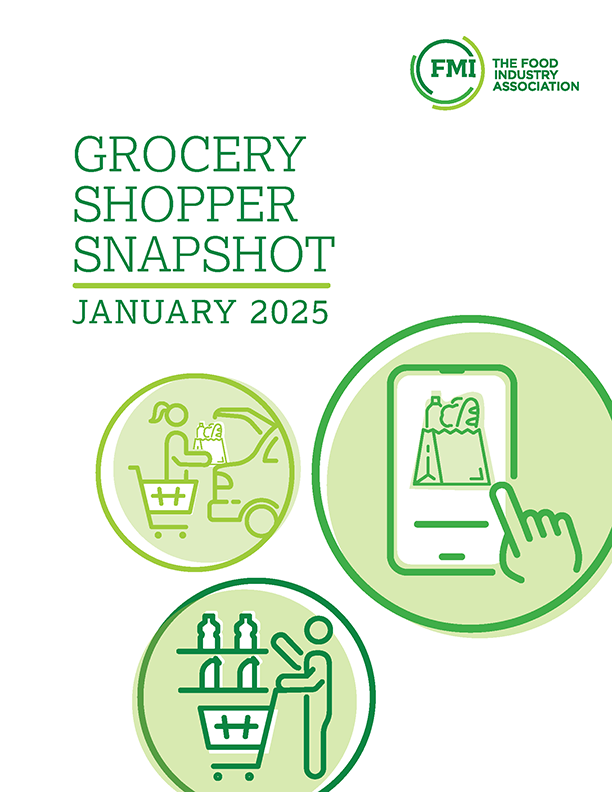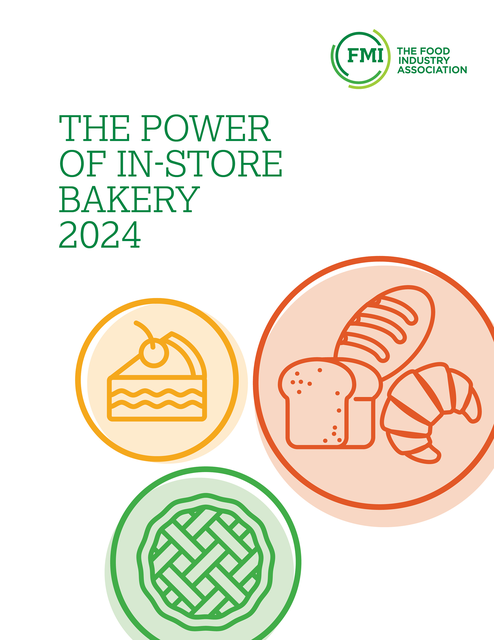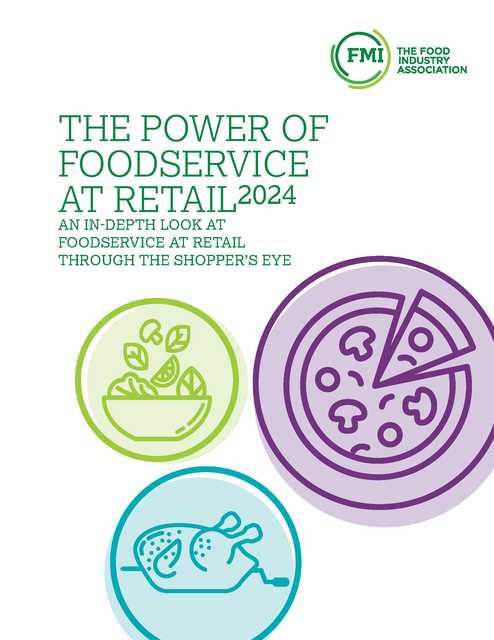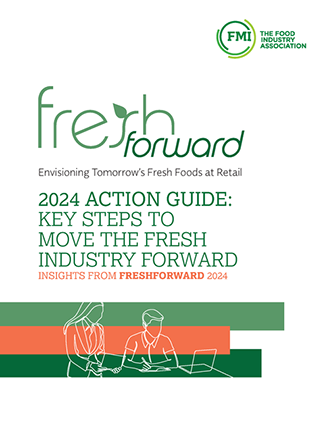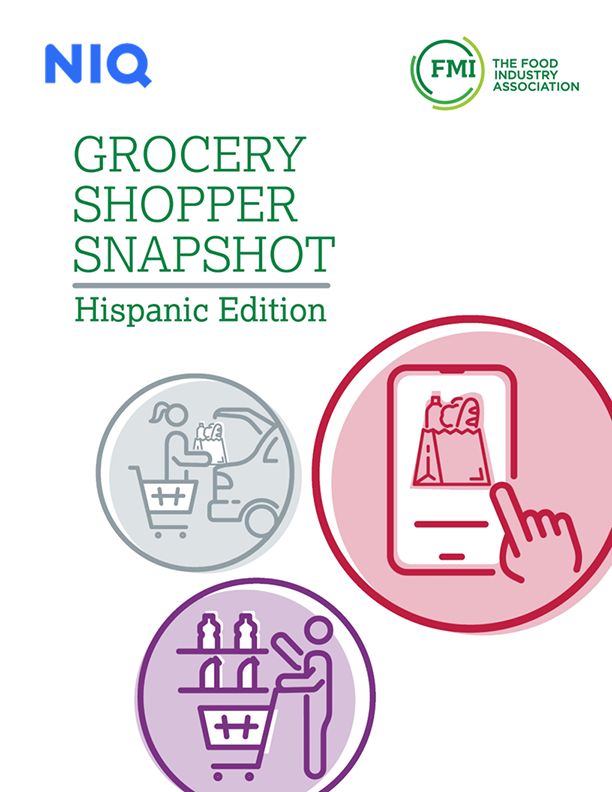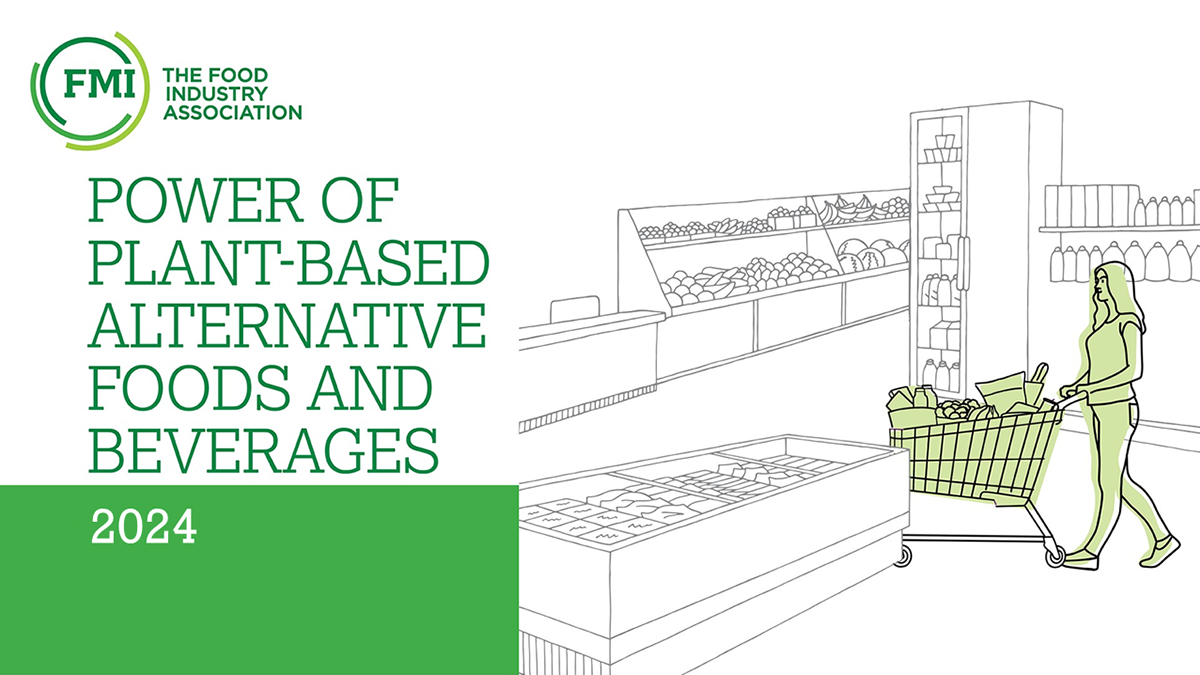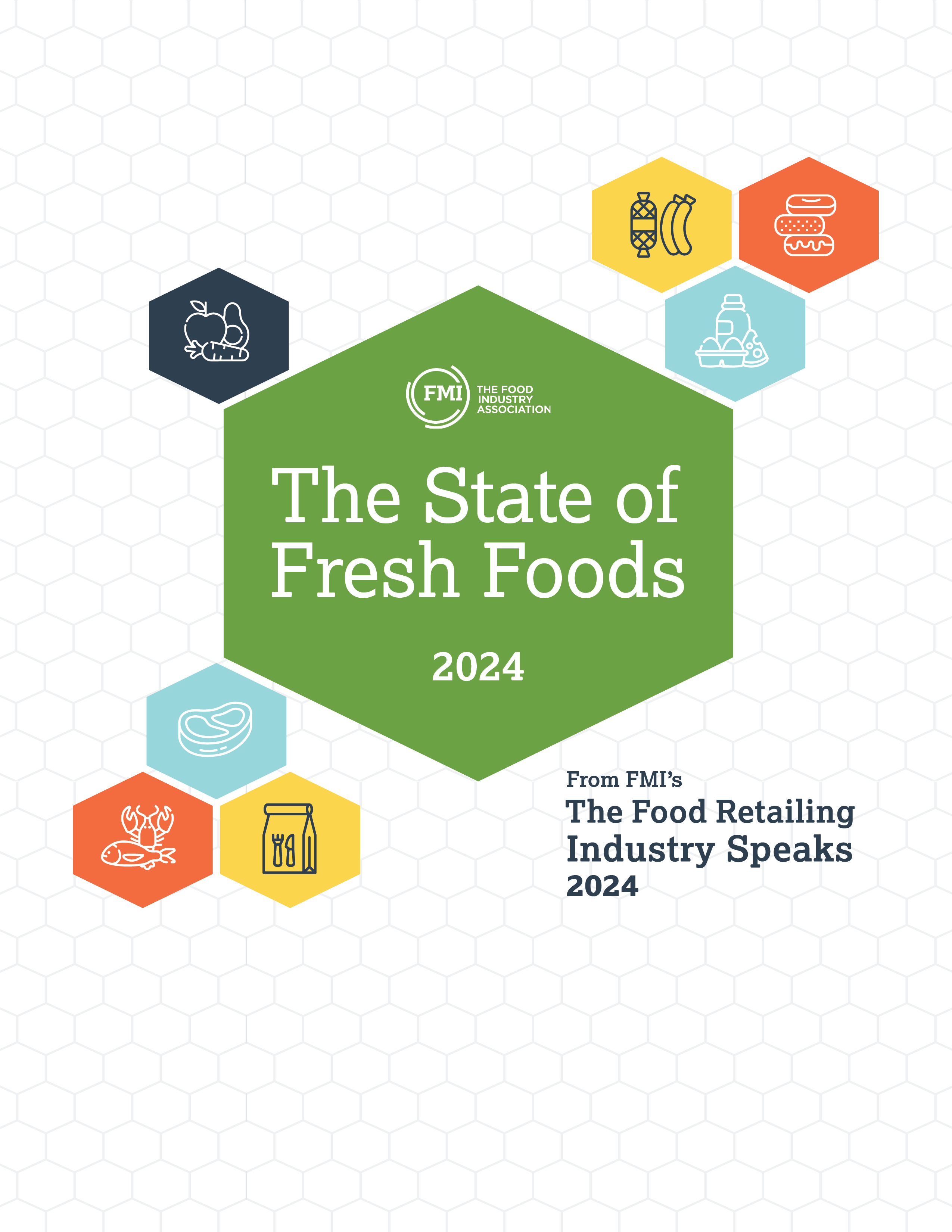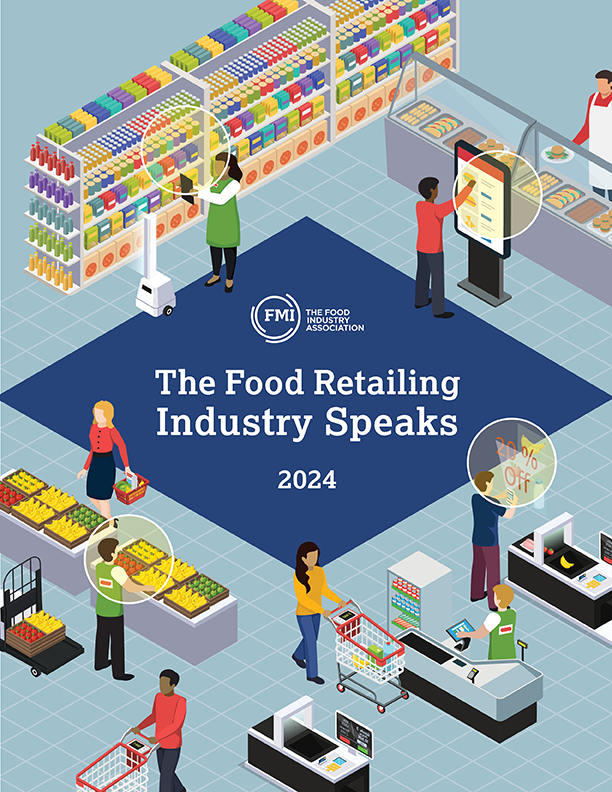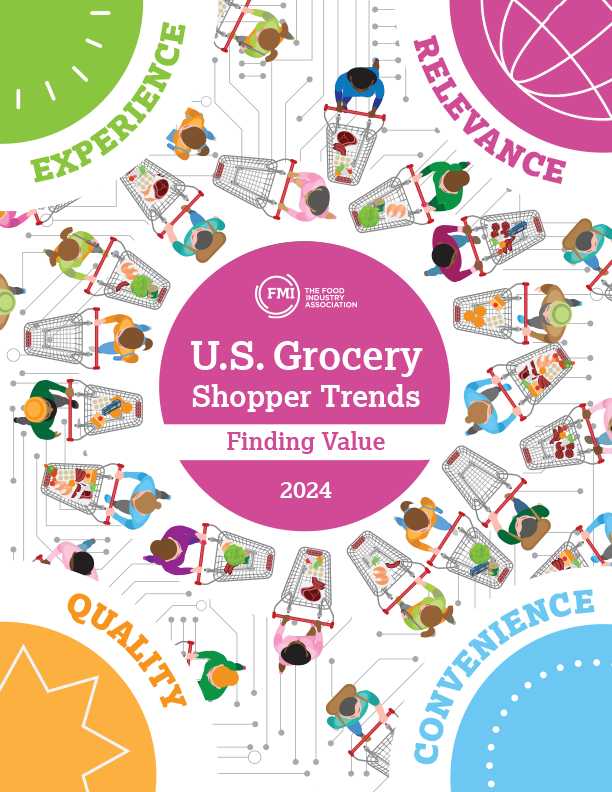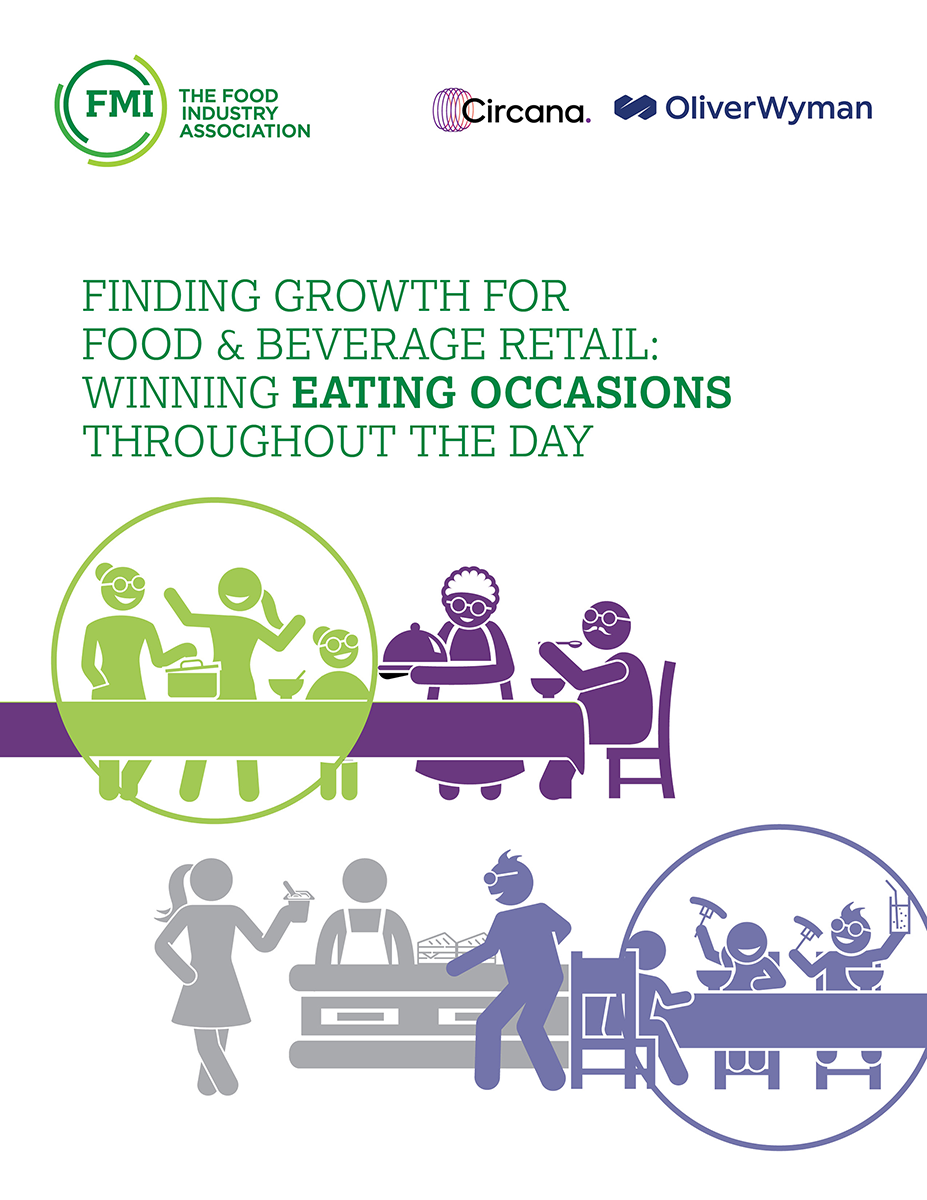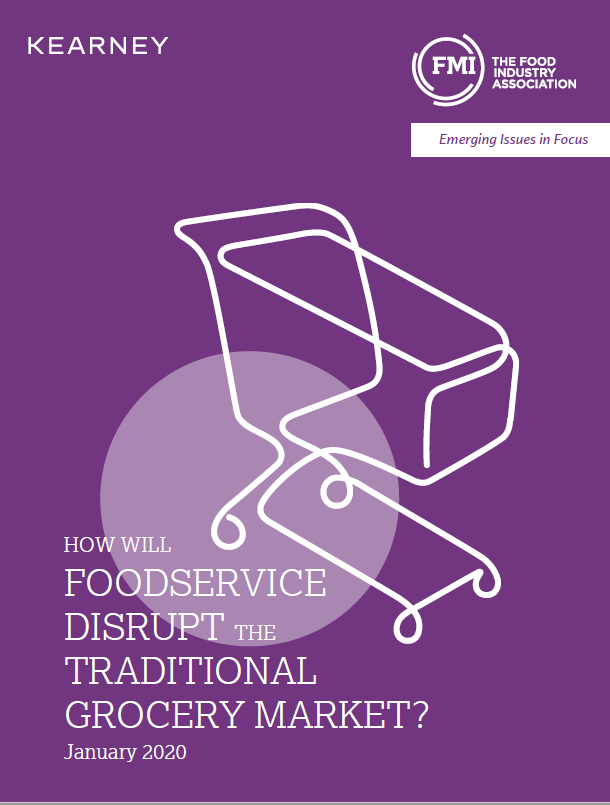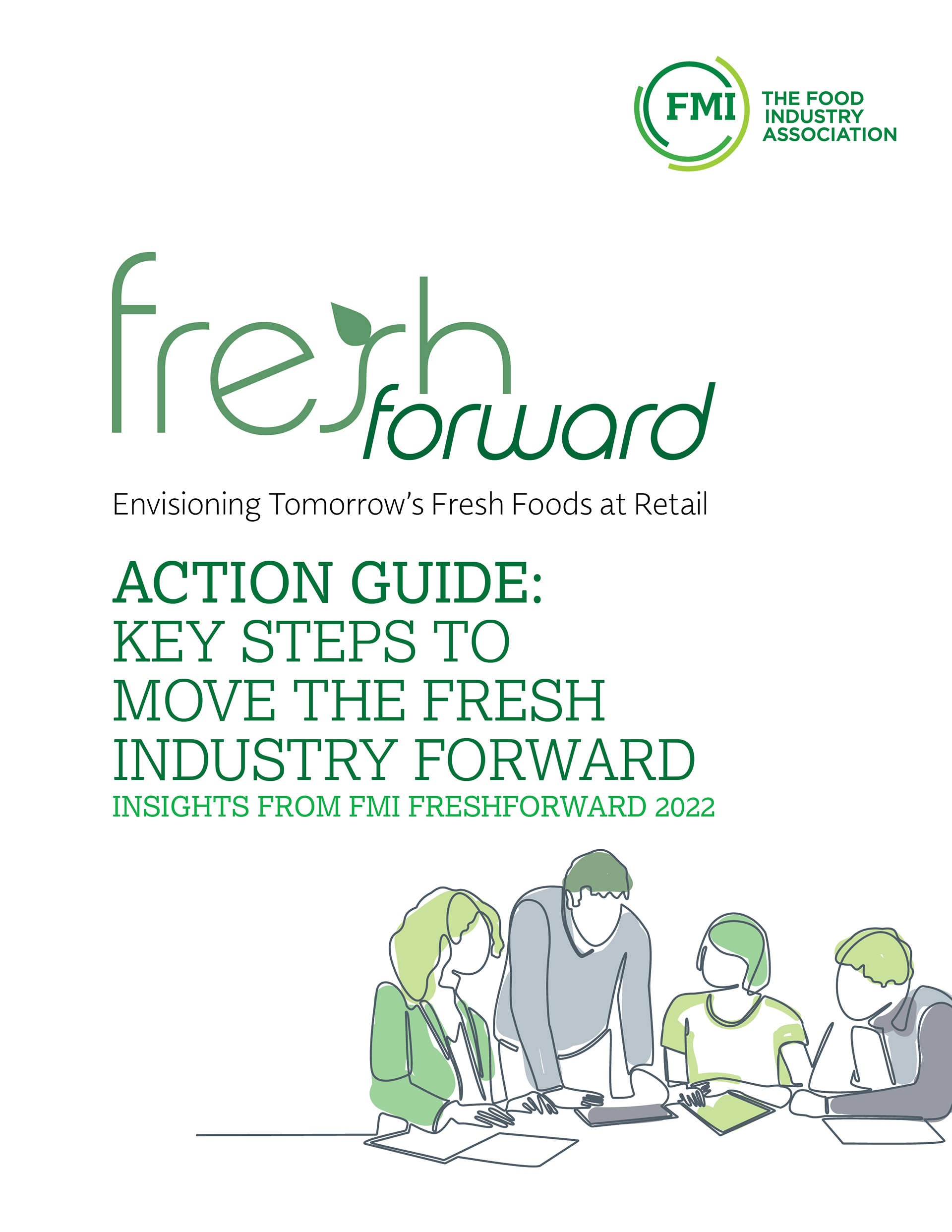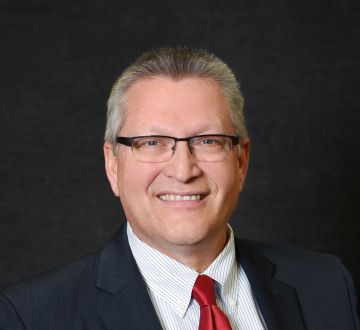By: Mark Baum, Chief Collaboration Officer & Senior Vice President, Industry Relations, FMI

This content was originally posted on the World Retail Congress's website.
The current environment of global political uncertainty, stubborn inflation, disrupted supply chains and climate change has created a sense of urgency and strengthened resolve throughout our industry. In addition, we are anticipating the changes that will be coming with a new U.S. political administration.
At the same time, we're very excited about the future. We're in an era of retail transformation and innovation — some of which is in response to changing dynamics in areas like consumer health, and some of it is just due to the ongoing quest for differentiation and ability to meet ever-changing consumer needs.
As we prepare for 2025, one of our priority issues at FMI will be labor/talent, especially considering the different expectations of an incoming younger workforce, as well as the impact of automation and robotics on job functions throughout the industry. We'll also be focused on futureproofing the supply chain and reimagining the businesses and marketplaces with a more holistic view of "the future of food".
Sustainability is another key issue, and for now, companies are more focused on areas that can be addressed, realized, and in some cases monetized in the short term, like food waste and packaging. But when I look at the future, an important and more strategic question to ask and answer is, what is our role in feeding and caring for a more crowded, hotter planet with finite resources?
I would be remiss to not mention technology and the new tools that are enabling our industry to improve product traceability, enhance productivity, mine consumer insights, and so much more. We're now entering an era of artificial intelligence, and that, to me, has the potential to impact on our industry more than anything since the advent of the PC.
We'll certainly continue to see more volatility and instability (not to mention more industry consolidation) going forward, so grocery practitioners must learn to operate in an atmosphere of ongoing uncertainty and ambiguity. If we can do that, while keeping consumers front and center, I'm confident that we'll be in a bolder position to fulfill our mission to take care of our associates, customers, and communities.
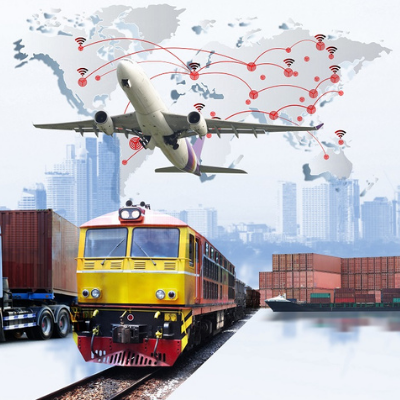
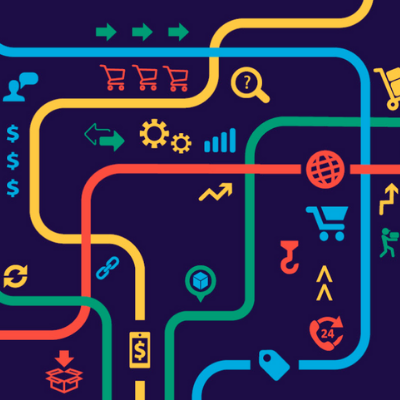












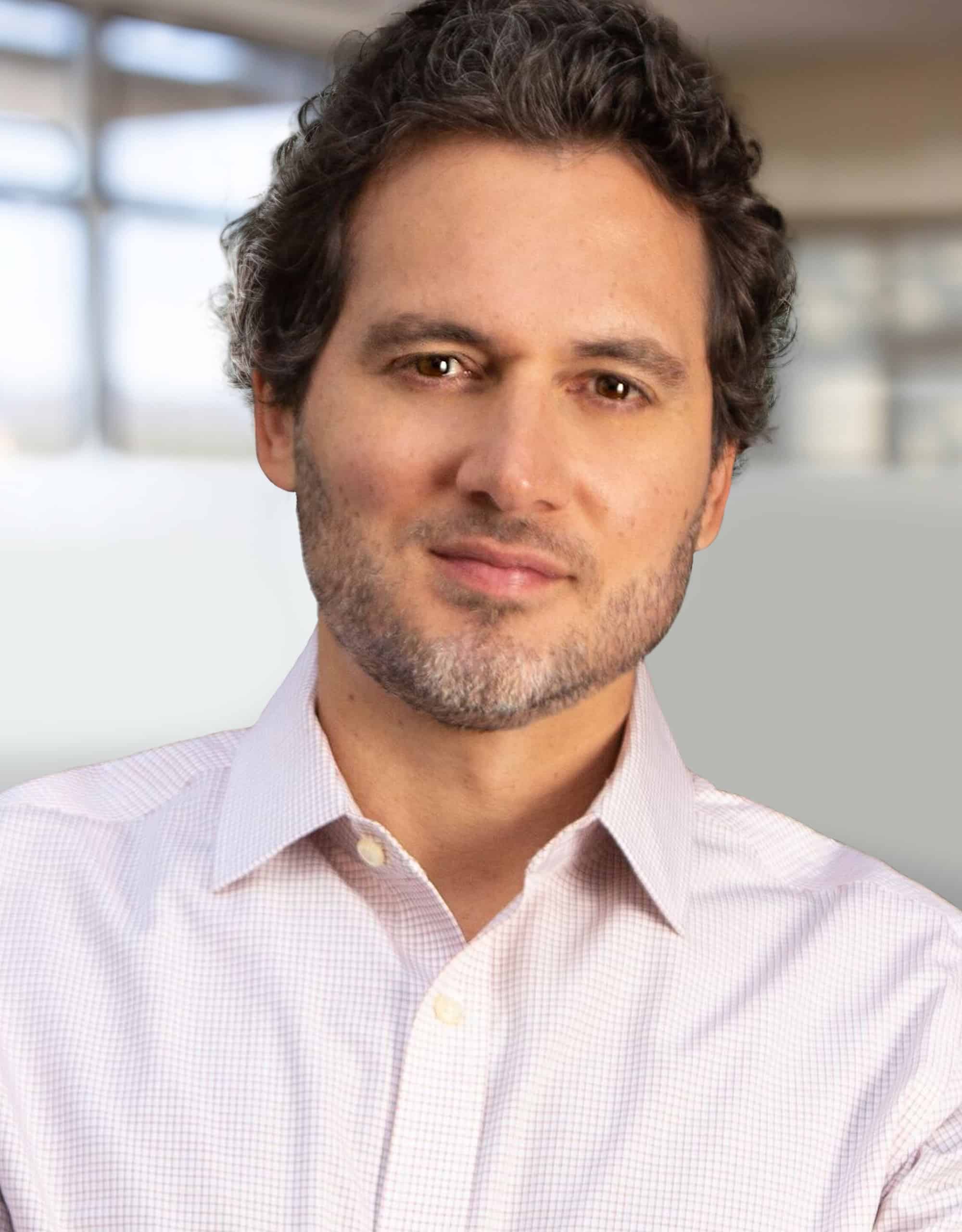



---2025-04-08t152851-821.png?sfvrsn=3cea51d6_1)
---2025-04-08t152346-901.png?sfvrsn=47fe2f44_1)



---2025-03-21t161244-387.png?sfvrsn=9951fc5d_1)
---2025-03-24t092326-079.png?sfvrsn=2c36f067_1)



